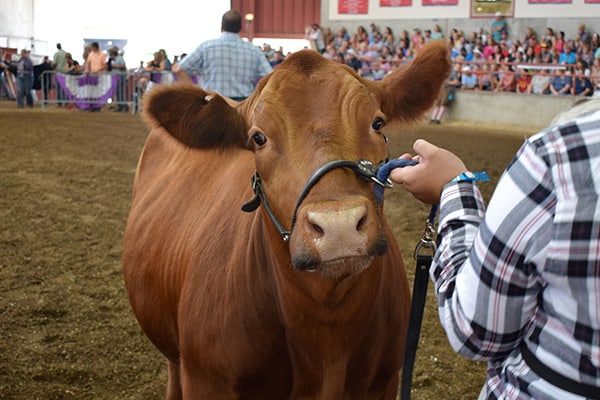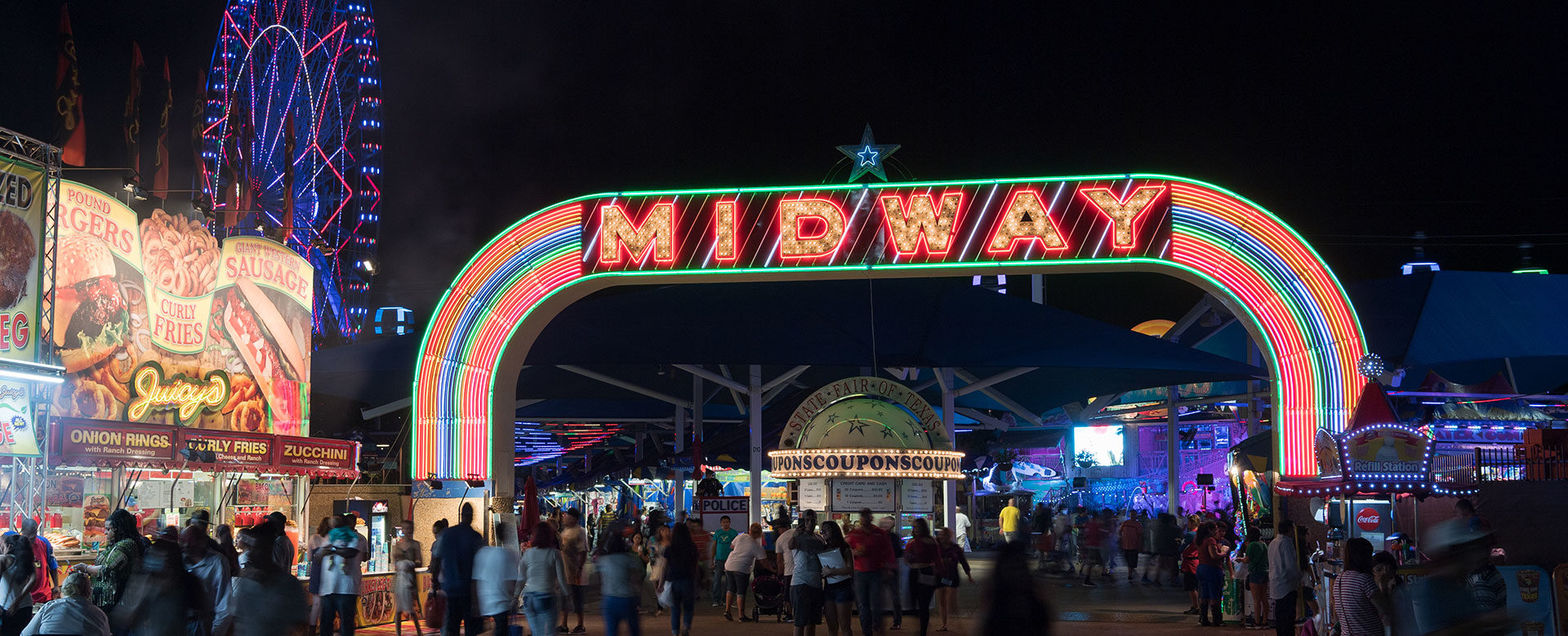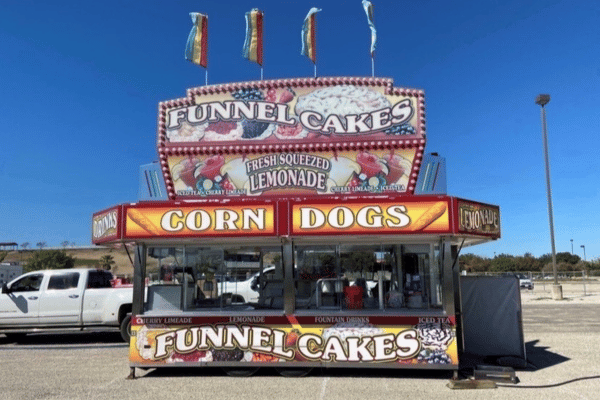The Ultimate Guide to American State Fairs: History, Attractions & Must-Know Tips
The Ultimate Guide to American State Fairs: History, Attractions & Must-Know Tips

State fairs represent one of America's most cherished traditions, combining agricultural heritage with modern entertainment to create unforgettable experiences for millions of visitors annually. These massive celebrations contribute over $30 billion to the U.S. economy each year while preserving our nation's farming roots and community spirit.
The Rich History Behind America's State Fairs
The story of American state fairs begins in 1841 when New York held the very first state fair in Syracuse. Born from agricultural competitions that British colonists brought to North America, these events originally served as platforms for farmers to showcase their finest livestock, crops, and farming techniques.

What started as simple agricultural exhibitions evolved into elaborate celebrations featuring everything from competitive plowing contests to animal breeding displays. The oldest continuously operating fair is Virginia's Fredericksburg Agricultural Fair, established in 1738—predating the United States itself!
What Makes State Fairs Special Today
Agricultural Roots That Still Run Deep
Despite their evolution into entertainment complexes, state fairs maintain their agricultural foundation. Modern fairs feature:
- Livestock competitions with prize ribbons for cattle, pigs, sheep, and poultry
- 4-H and FFA exhibits showcasing young farmers' achievements
- Agricultural displays highlighting local farming innovations
- Educational programs connecting urban visitors with farming heritage
Thrilling Rides and Entertainment

The midway serves as the heart of every state fair, featuring classic attractions that have delighted generations:
- Ferris wheels offering spectacular views of the fairgrounds
- Carnival games where skill meets luck for oversized prizes
- Thrill rides from gentle carousels to heart-pounding roller coasters
- Live entertainment including concerts, magic shows, and cultural performances
The Famous State Fair Food Experience
No state fair visit is complete without indulging in the legendary food offerings. These culinary adventures represent American creativity at its finest:

Classic Fair Foods
- Corn dogs - The quintessential fair food on a stick
- Funnel cakes - Crispy, powdered sugar-dusted perfection
- Cotton candy - Spun sugar clouds in vibrant colors
- Caramel apples - Fresh apples dipped in sweet caramel
- Turkey legs - Massive, smoky, and satisfying
Creative Modern Additions
Today's fairs push culinary boundaries with innovative deep-fried creations like Oreos, butter, pickles, and even entire Thanksgiving dinners! Annual food competitions, such as Texas's Big Tex Choice Awards, celebrate the most creative and delicious fair food innovations.
Arts, Crafts, and Cultural Celebrations
State fairs showcase regional artistry and cultural heritage through competitions and displays. From intricate quilts and butter sculptures to traditional folk art and contemporary crafts, these exhibitions provide platforms for artists to gain recognition and preserve cultural traditions.

Planning Your Perfect State Fair Visit
When to Go
Most state fairs run from late summer through early fall (August-October), typically lasting 10-14 days. Each fair reflects its region's unique character and agricultural calendar.
Budget-Friendly Tips
- Look for discount days - Many fairs offer reduced admission on specific weekdays
- Group discounts - Organize visits with friends or family for better rates
- Military and senior discounts - Special pricing for veterans and older adults
- Coupon books - Purchase food and ride coupons in advance for savings
What to Expect
State fairs typically feature multiple admission areas including livestock barns, midway attractions, food courts, and entertainment venues. Plan to spend 4-8 hours exploring everything these massive events offer.
The Biggest and Best State Fairs
While every state fair offers unique experiences, some stand out for their size and attendance:
- State Fair of Texas (Dallas) - Over 2.5 million annual visitors
- Minnesota State Fair - Highest per-day attendance averaging 200,000 daily
- Iowa State Fair - Famous for butter cow and diverse food offerings
- California State Fair - Largest by geographic area and exhibits
Why State Fairs Matter
Beyond entertainment, state fairs serve crucial roles in American society. They preserve agricultural knowledge, support rural communities, provide educational opportunities, and create shared cultural experiences that bridge urban and rural divides. These celebrations remind us of our connection to the land and the importance of community gathering.
💡 Pro Tips for First-Time Fair Visitors
- Wear comfortable walking shoes - fairgrounds are massive!
- Bring hand sanitizer and wet wipes for messy fair foods
- Check the schedule for special events and competitions
- Don't miss the livestock barns - they're educational and often air-conditioned
- Try at least one "weird" food item - it's part of the experience!
State fairs continue evolving while honoring their agricultural roots, ensuring these beloved American traditions remain relevant for future generations. Whether you're seeking thrilling rides, delicious food, cultural experiences, or family fun, state fairs deliver unforgettable memories that celebrate the best of American community spirit.
🎡 Share Your State Fair Experience!
Did this guide help you plan your state fair adventure? Share this article with friends and family to help them discover the magic of America's state fairs too!
Tag us in your fair photos and tell us about your favorite memories!